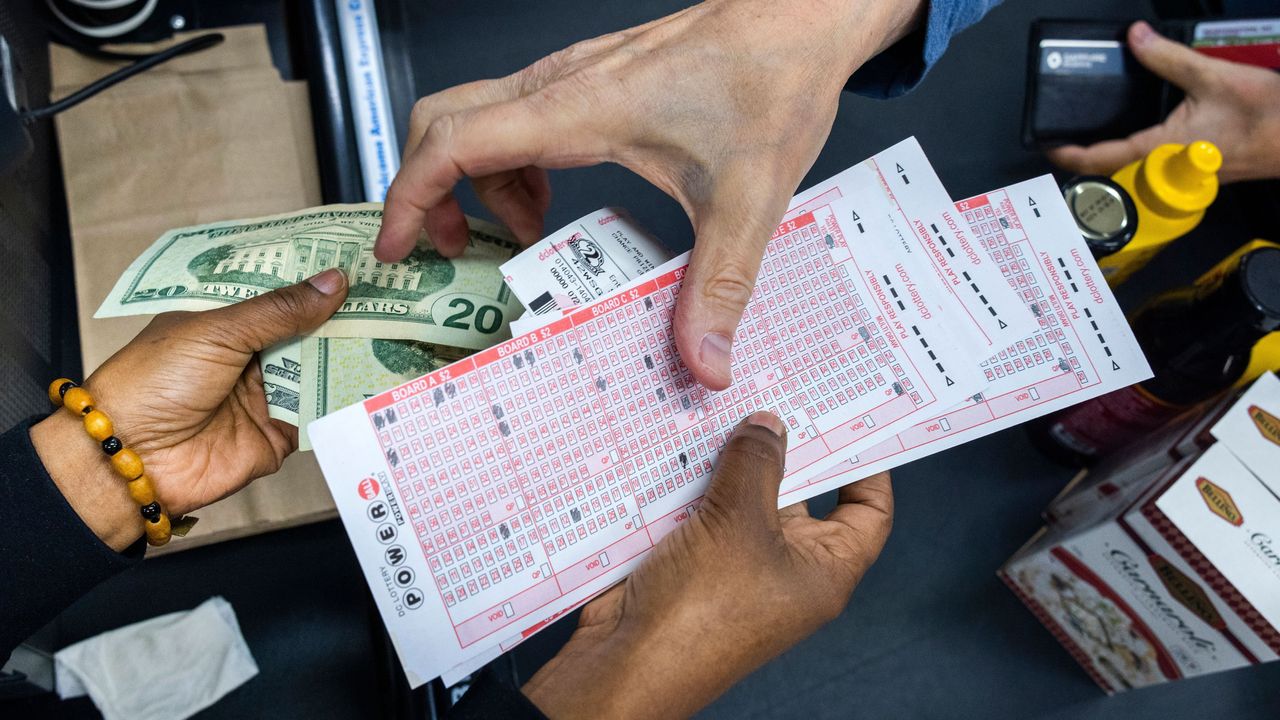
The Hidden Costs of the Lottery: A Closer Look at Gambling’s Golden Ticket
Lotteries have long been celebrated as the “golden ticket” to financial freedom. The allure of instant wealth promises an escape from financial woes and a gateway to a life of luxury. koitoto resmi, beneath the glittering surface lies a complex web of psychological, social, and economic implications that challenge the notion of the lottery as a harmless game of chance.
The Psychology of Hope
The appeal of the lottery is deeply rooted in human psychology. It taps into our innate desire for hope and possibility. With each ticket purchased, we buy into the dream of transforming our lives overnight. Psychologists call this phenomenon “optimism bias,” where individuals believe their chances of winning are higher than statistical probability would suggest. This optimism is fueled by media stories of overnight millionaires, creating a narrative that anyone can strike it rich.
The Cost of Dreams
However, the dream of winning big comes at a cost. For many, the lottery is a regressive tax on those who can least afford it. Studies show that lower-income individuals spend a larger proportion of their earnings on lottery tickets than wealthier individuals, despite the overwhelming odds against winning. This perpetuates a cycle of false hope and financial hardship, where vulnerable populations are disproportionately affected.
Addiction and Vulnerability
Beyond financial implications, lottery gambling can lead to addiction. The allure of a potential windfall can be intoxicating, leading some individuals down a path of compulsive gambling. The rush of anticipation with each draw can become a dangerous obsession, impacting personal finances, relationships, and mental health. This is particularly true for individuals already vulnerable to addiction or those seeking an escape from hardship.
Social Consequences
Lotteries also have broader social consequences. They divert money away from other forms of spending, such as savings or investments, which could have a more substantial long-term impact on financial stability. Furthermore, the normalization of gambling through state-sponsored lotteries can desensitize society to the risks associated with gambling, particularly among younger generations.
A False Sense of Security
Despite the myths perpetuated by lottery advertisements, winning the lottery is not a guaranteed path to happiness. In fact, many winners find themselves worse off than before. Windfalls often lead to a loss of privacy, strained relationships, and poor financial management. Without proper financial literacy and support, sudden wealth can be more of a burden than a blessing.
A Call for Regulation and Awareness
As the debate over gambling continues, there is a growing call for greater regulation and awareness surrounding lottery gambling. Advocates argue for stricter advertising guidelines, increased support for problem gambling services, and more transparent reporting of lottery revenues and distributions. Education on the realities of gambling and the importance of financial planning is also essential to help mitigate the risks associated with lottery participation.